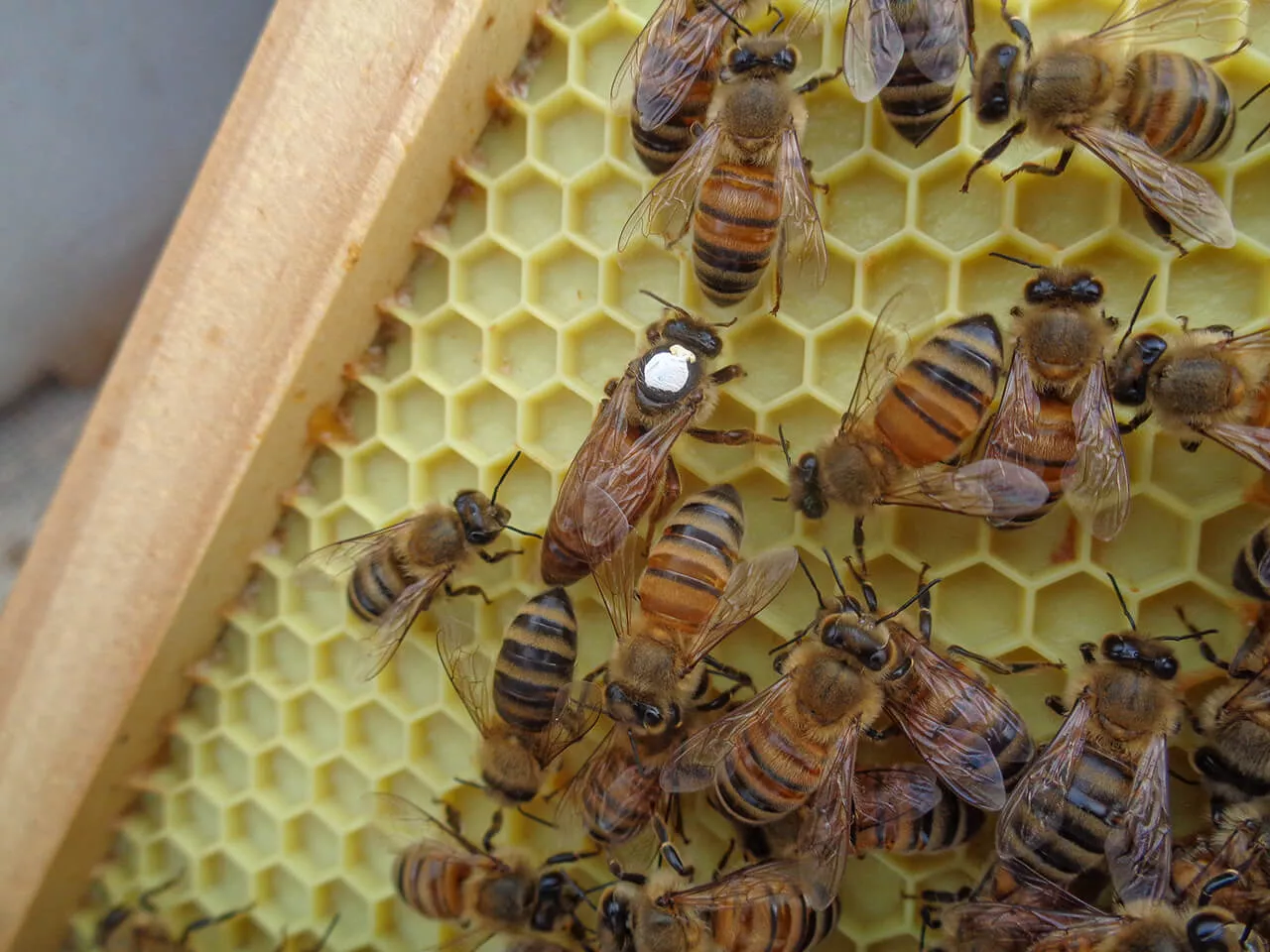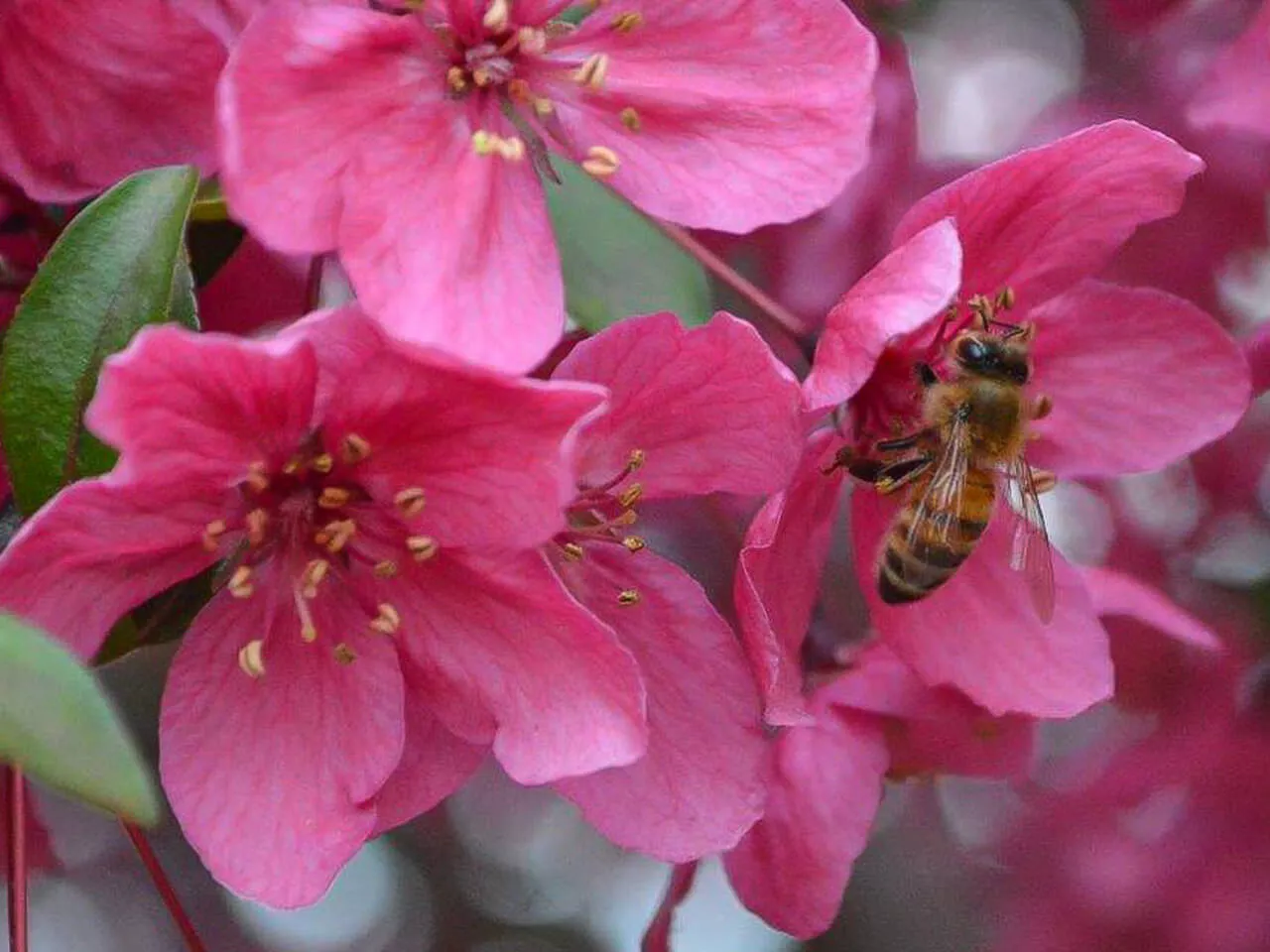Breeding Program
At this point the only way to purchase our queens is in a nucleus colony. We hope to have local queens available for sale in the next few years but currently our production is limited to in-house use.
Since 2020 we have kept our apiary totally free of chemical miticides and antibiotics but our genetic selection started before that. We began experimenting with queen rearing in 2017 and used alcohol mite washes to identify potentially mite-resistant genetics to use for breeders.
By 2019 our colony count had surpassed 30 colonies and we made the decision to drop all miticides and alcohol washes in favor of spending more time propagating queens and making nucleus colonies instead of chasing rogue mites.
In the few years since we dropped miticides we have seen moderate winter colony mortality but have been able to sustain those losses through a focus on nuc production. Nucs typically over-winter well and then make great material for replacing dead-outs and boosting colony numbers for the honey production season.
From the limited experience we’ve had with this ‘treatment-free’ path we have come to the conclusion that 1) TF takes commitment and is not for the faint of heart 2) Management and location play a significant role (likely more than genetics) in the success and sustainability of the apiary.
In other words, although we are happy to tell you that our operation is free of all miticides and antibiotics, we are not recommending to anyone that they strike out down the treatment-free path. This approach is certainly not for the uninitiated and we would recommend at least 5-7 years of beekeeping experience before even considering it.
Beyond the mite-resistant/tolerant traits we look for in our breeders, our selection is fairly simple.
- Gentleness
We work all our hives without PPE. If a colony is too aggressive to be worked in shirt-sleeves it is promptly requeened.
- Productivity
Usually great colonies on all other scores are also great honey producers but at times there are those that are disqualified simply because they do not produce a honey crop.
- Low swarming tendencies
Although we tend to run a smaller colony population than many operations, we try to pick out colonies that are geared toward honey production rather than frequent swarming.
- Seasonal sensitivity
We look for breeders that contract or expand their broodnest based on seasonal patterns. We want colonies that expand quickly in the spring and contract their broodnest through the summer dearth and back-fill with honey in late summer and early fall.
At this point the only way to purchase our queens is in a nucleus colony. We hope to have local queens available for sale in the next few years but currently our production is limited to in-house use.




